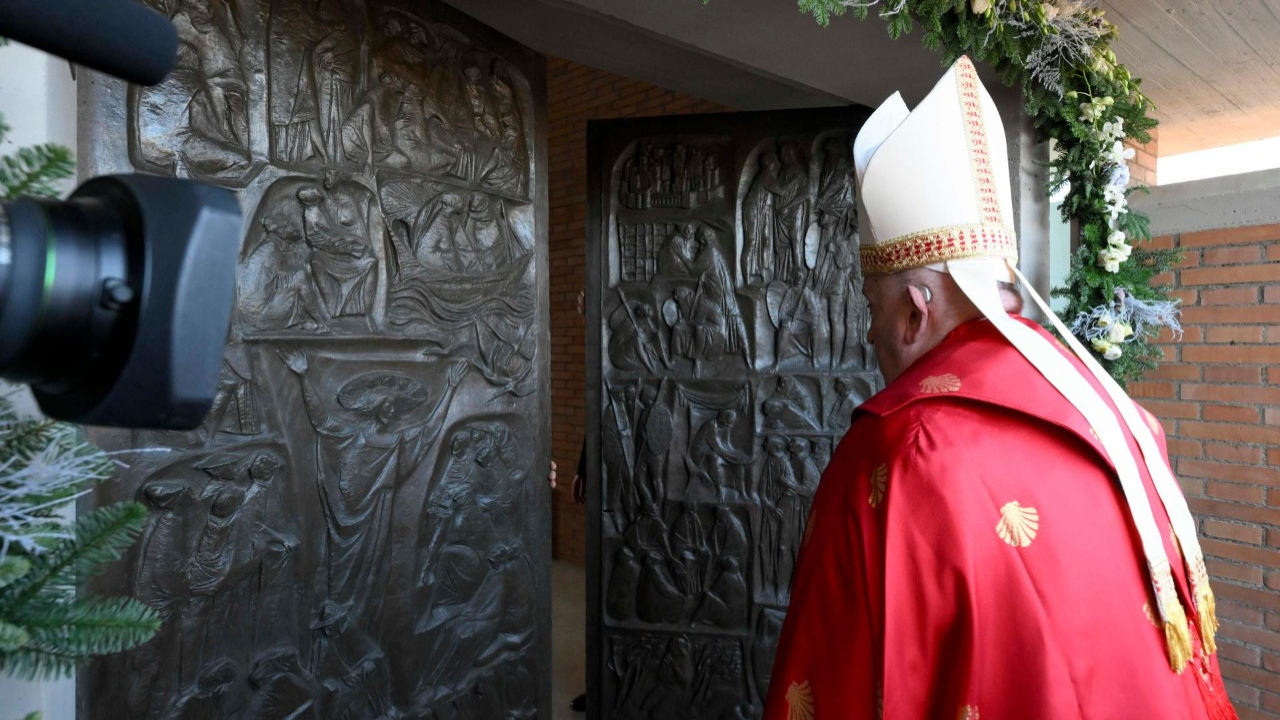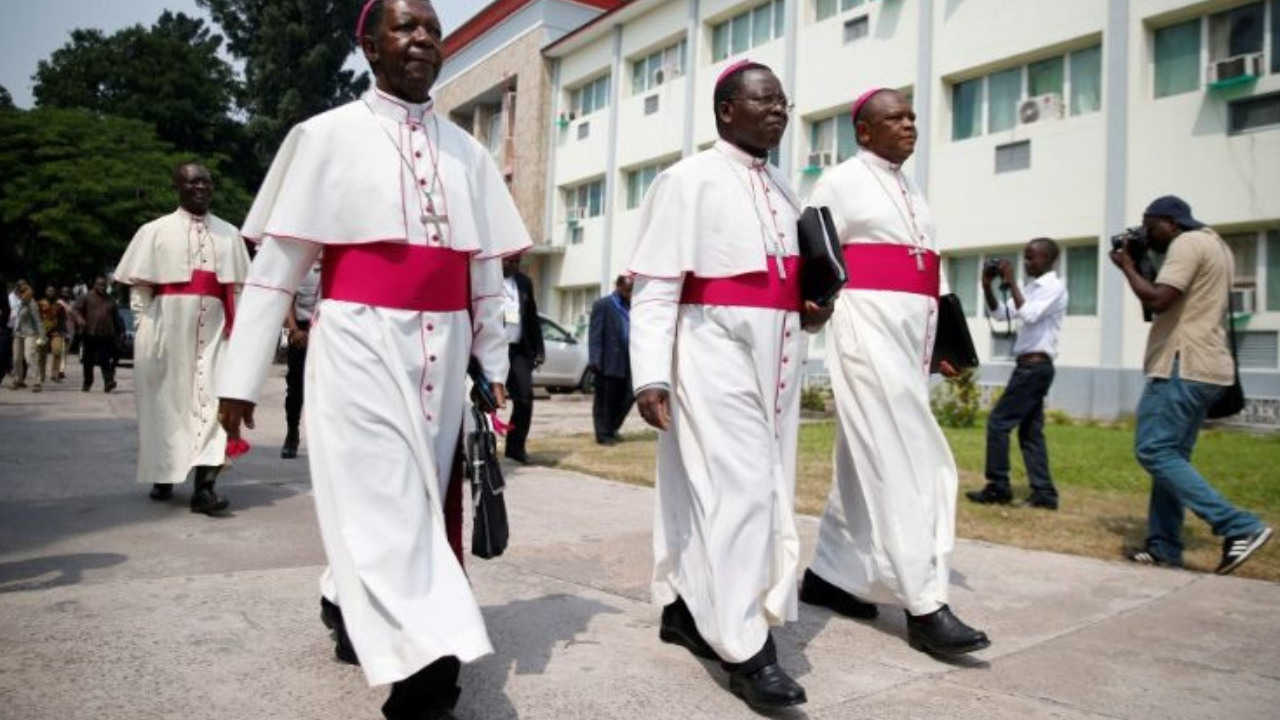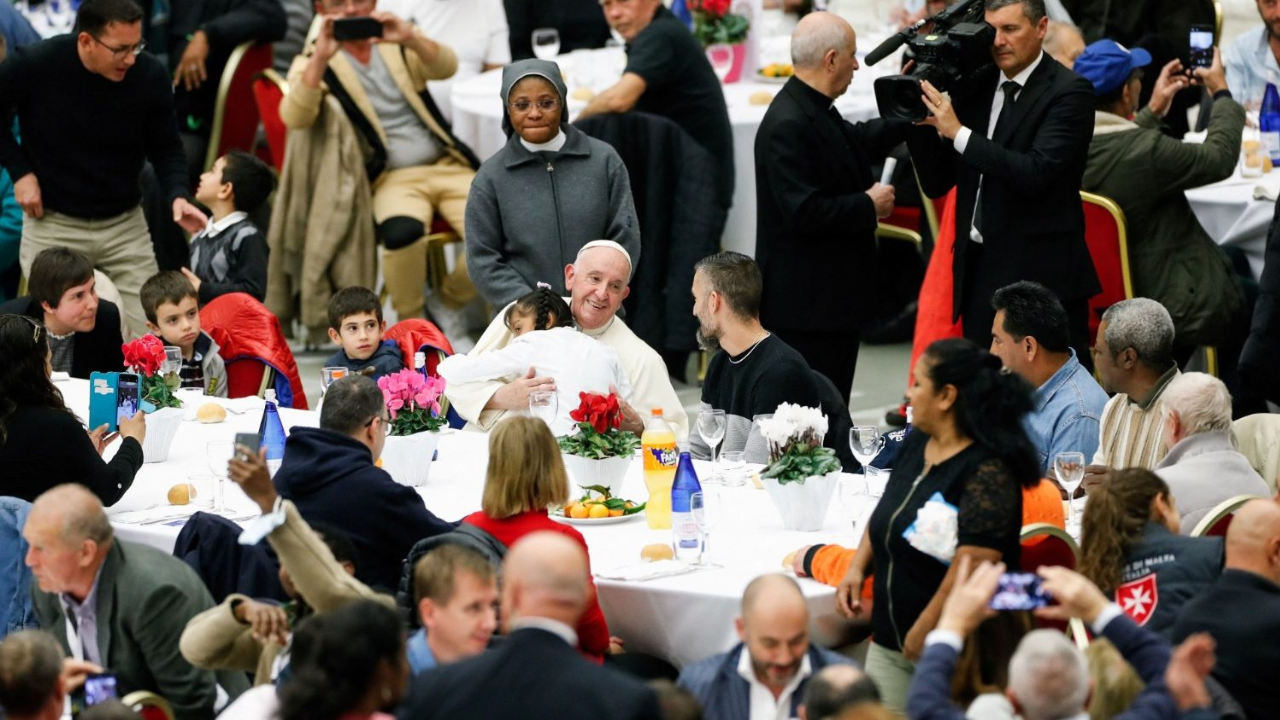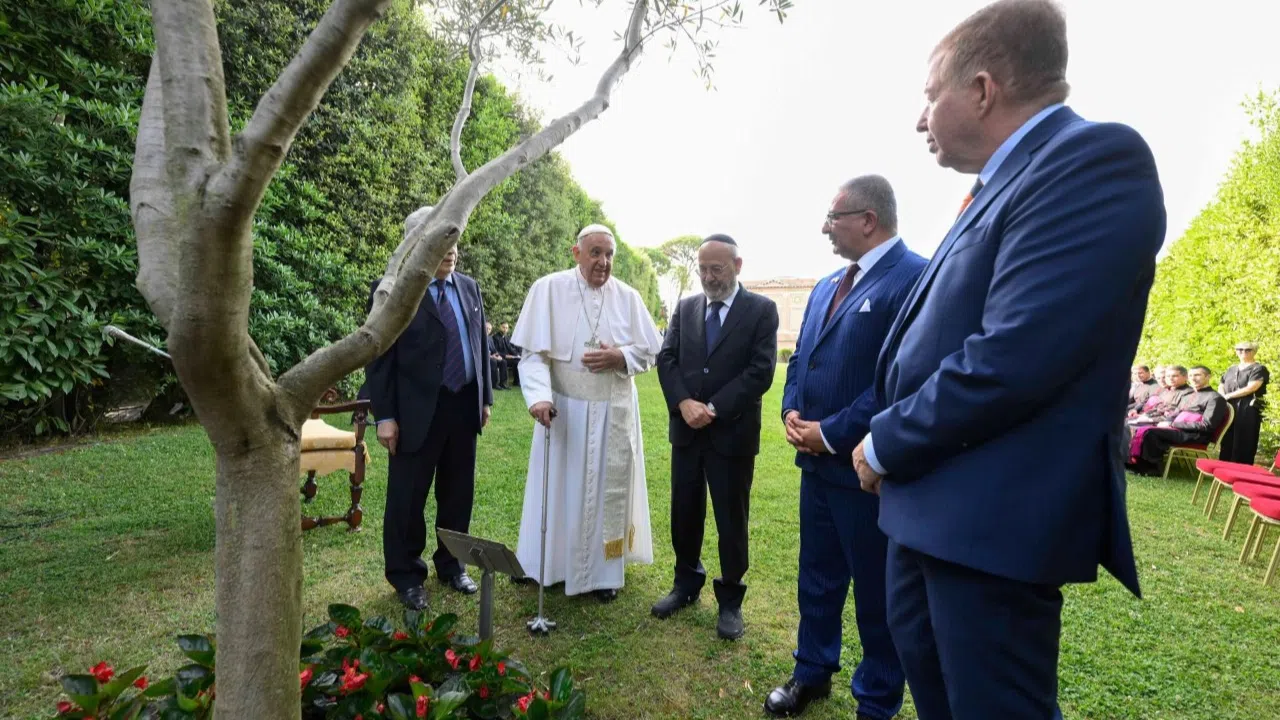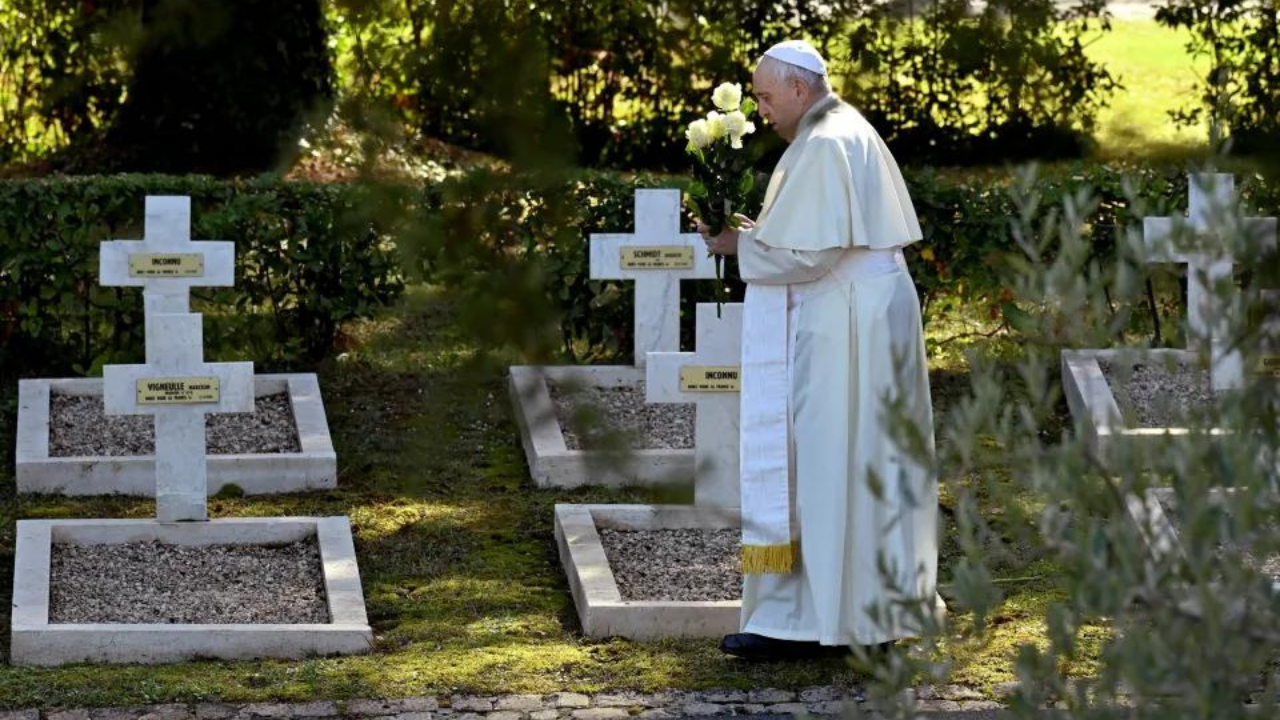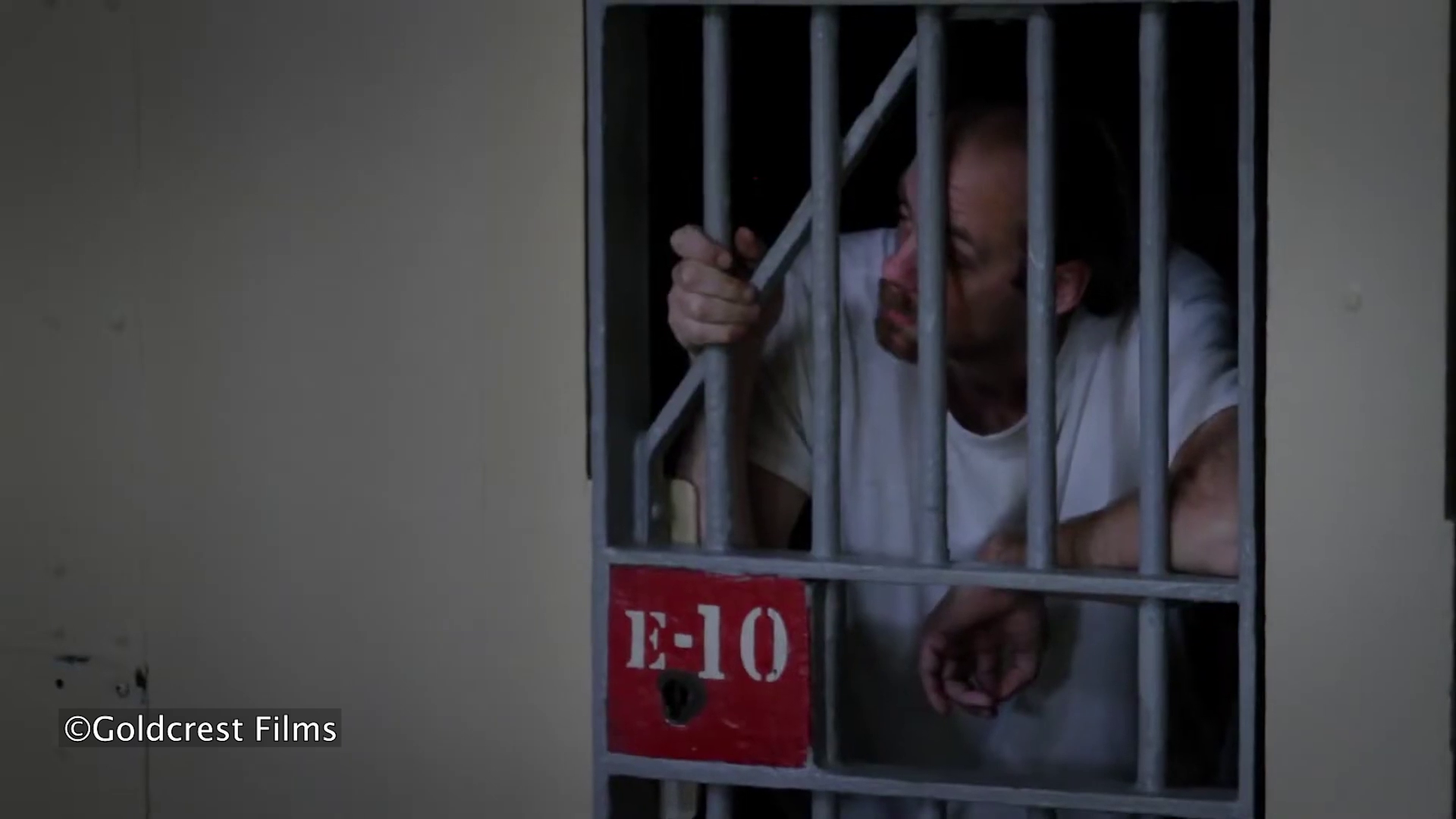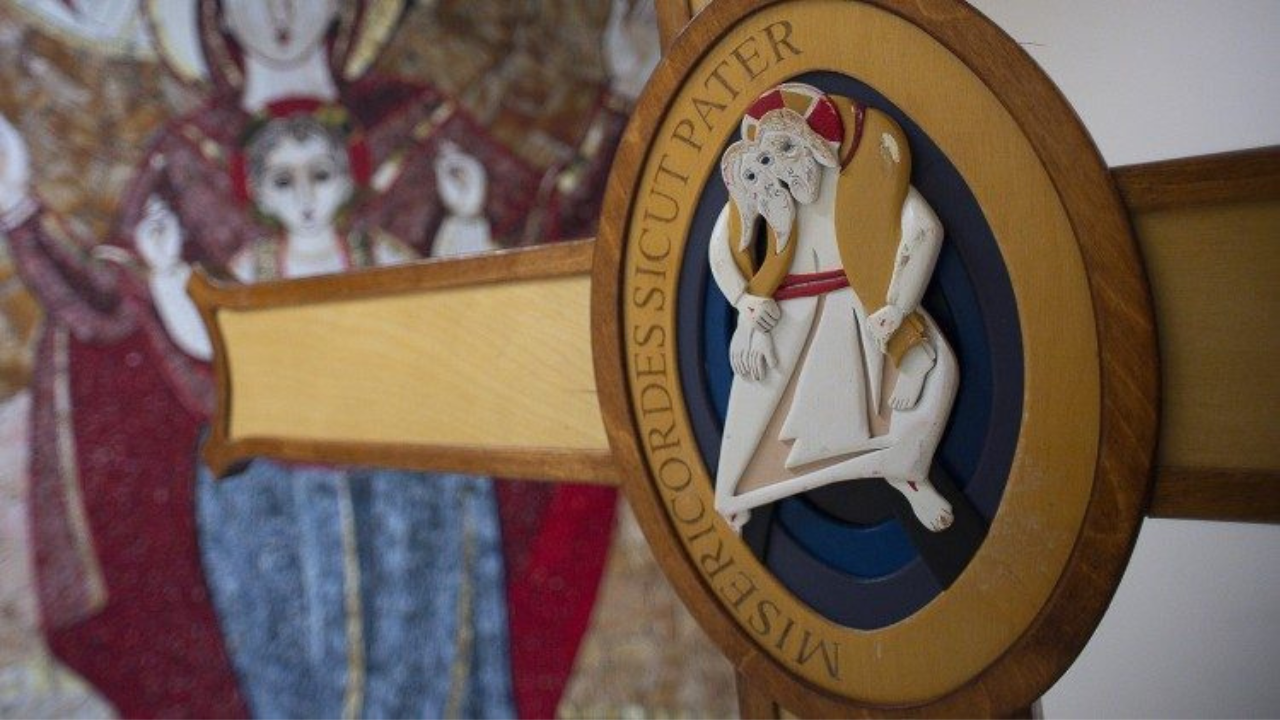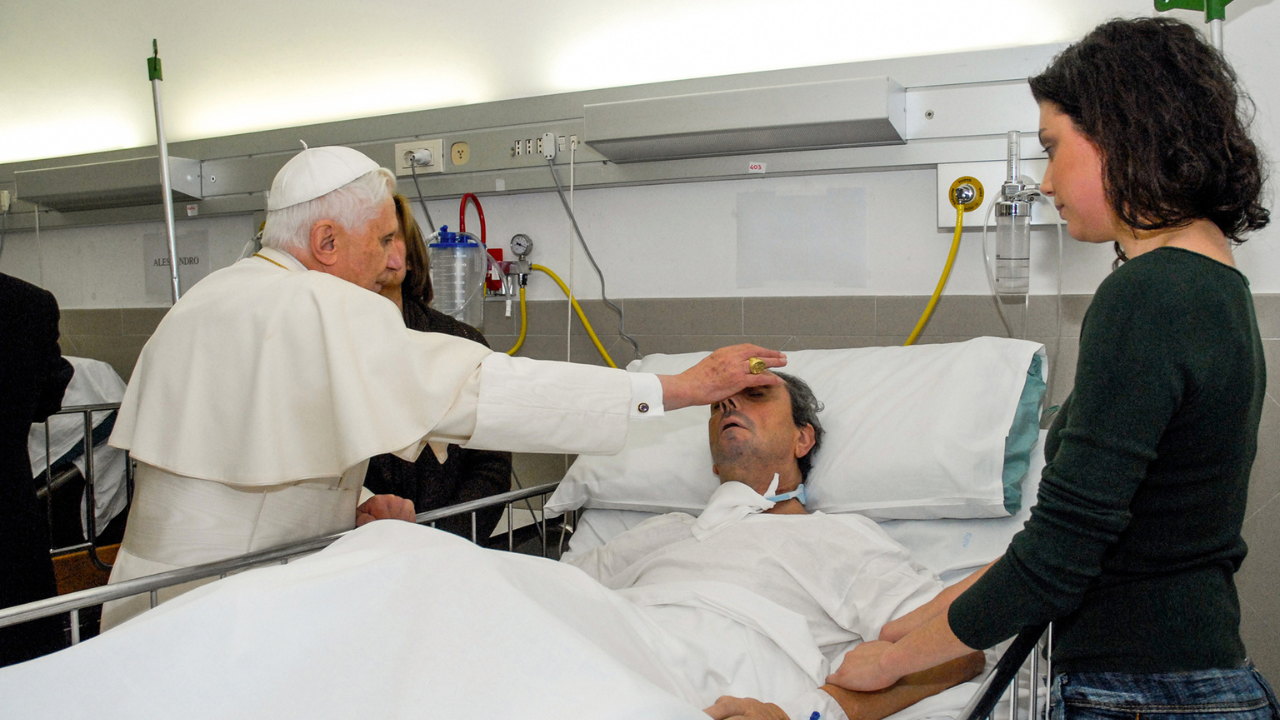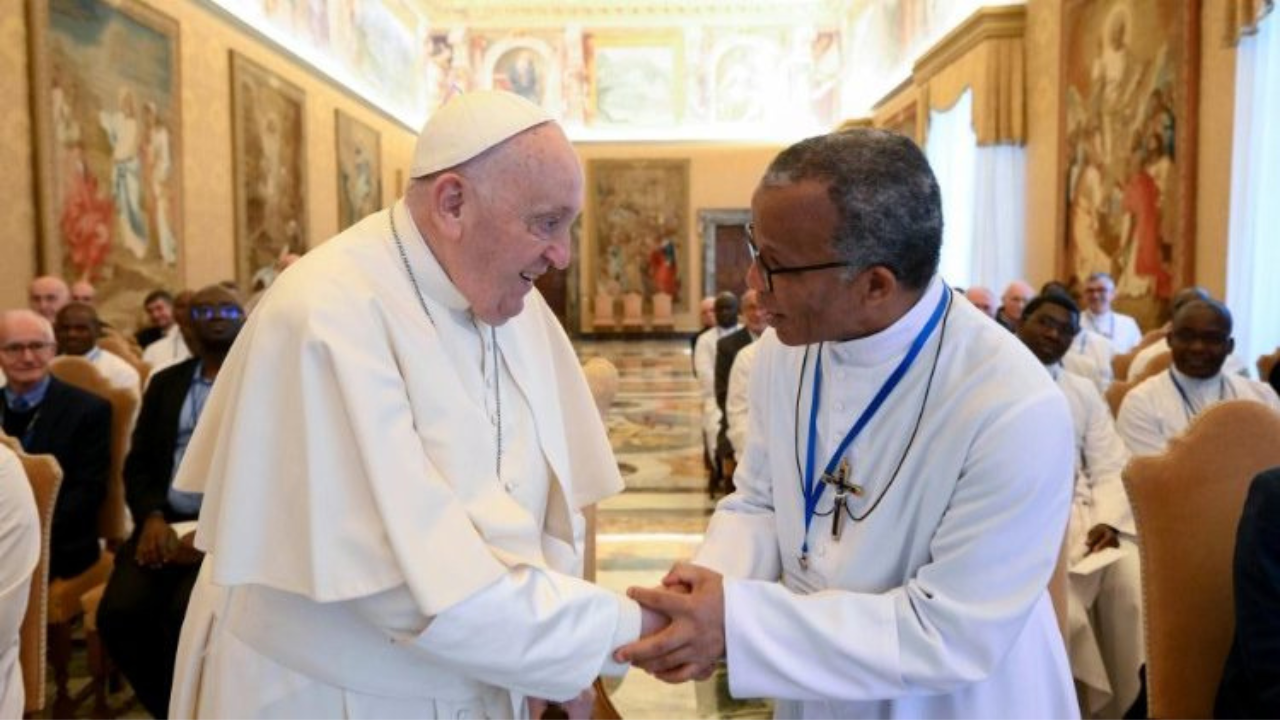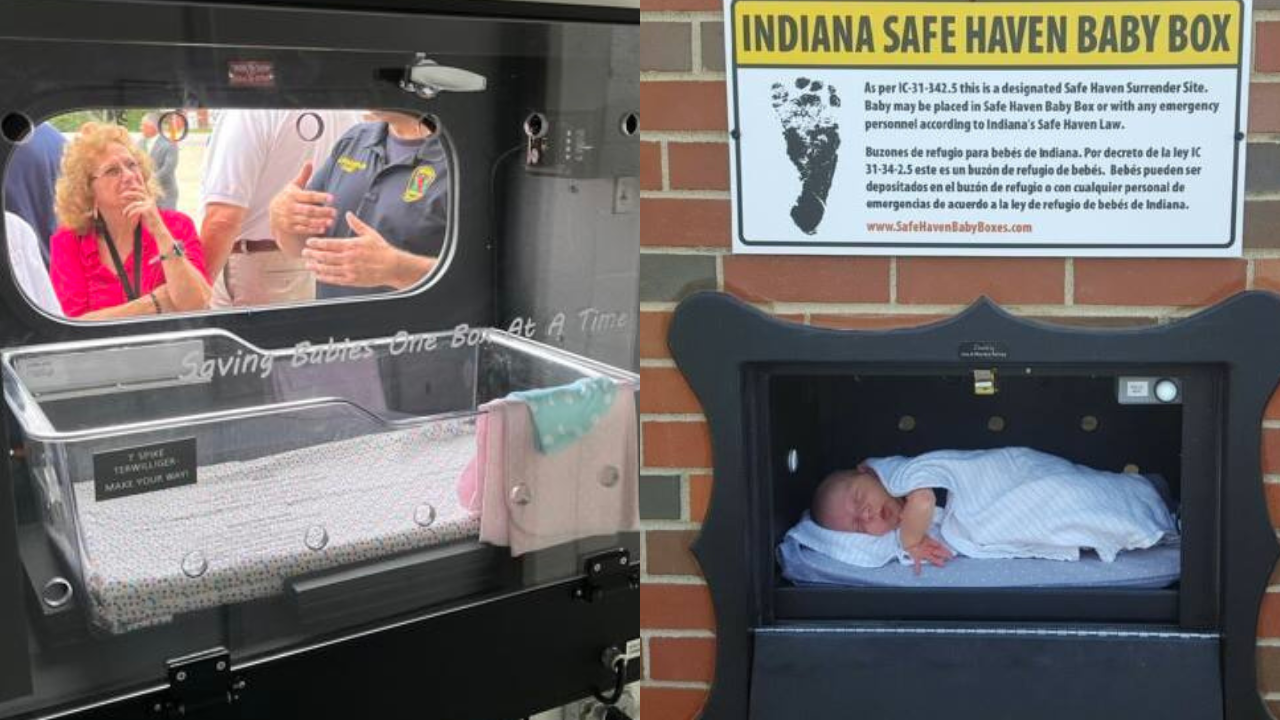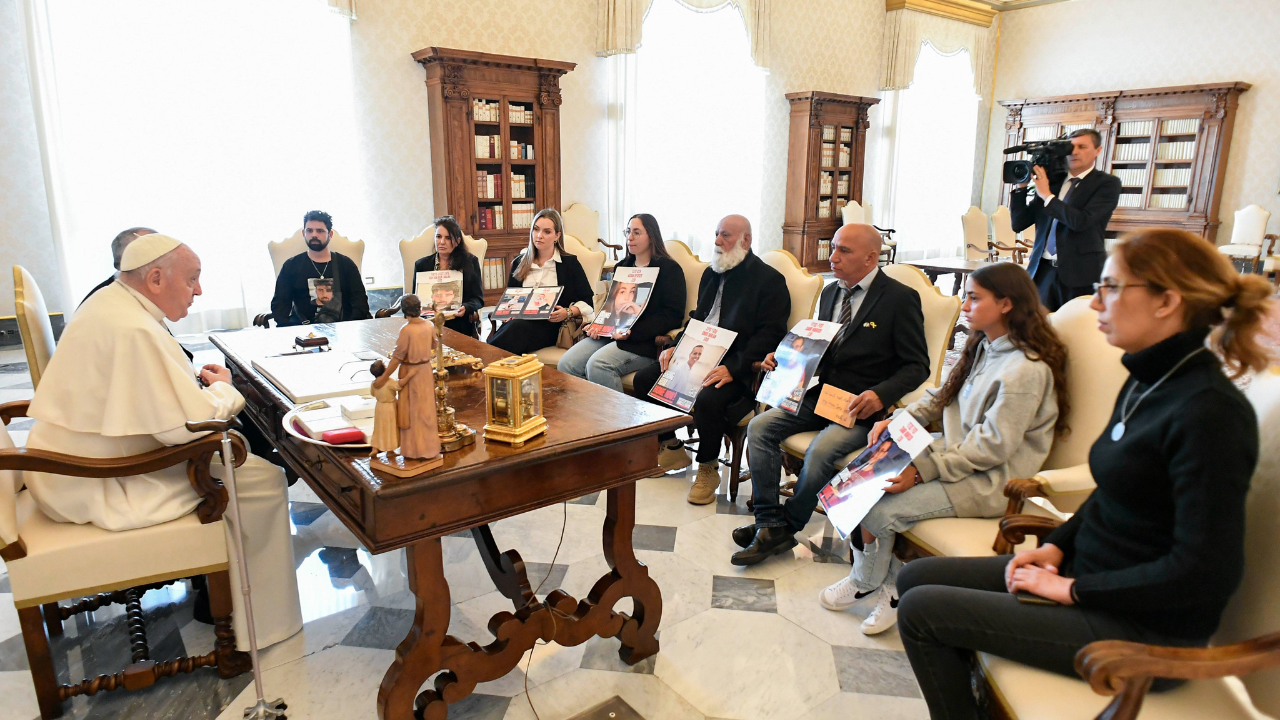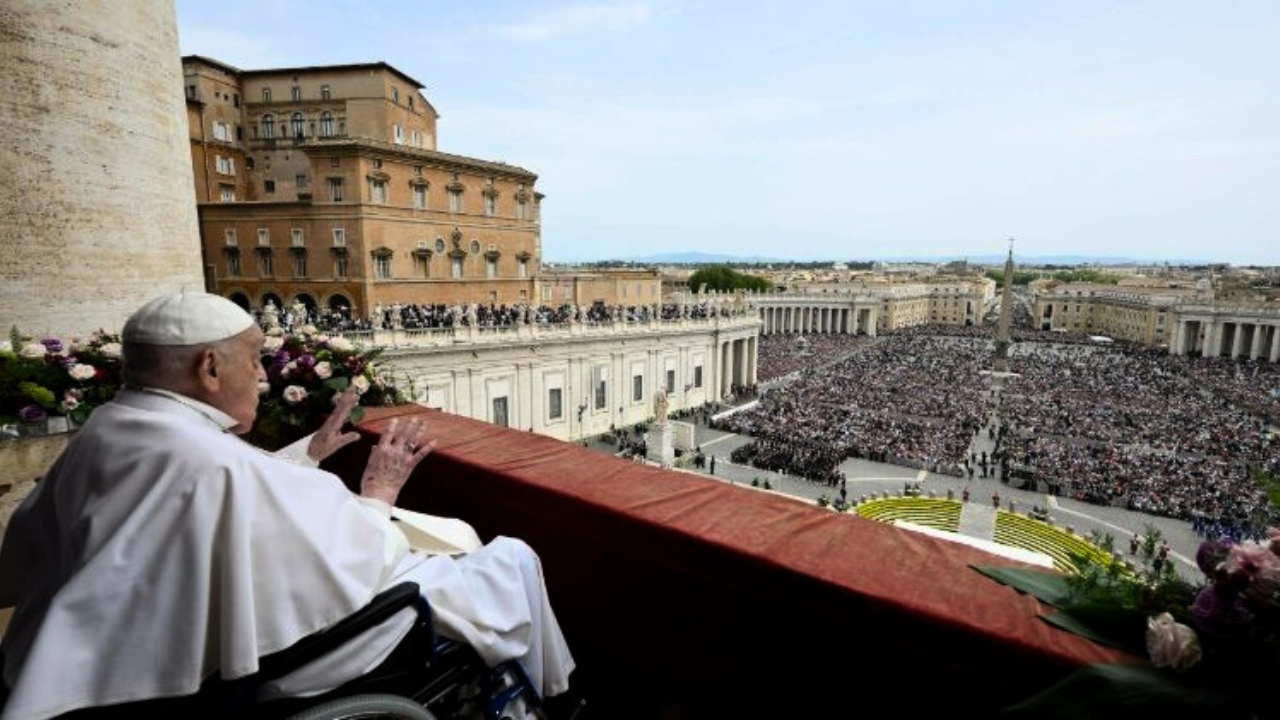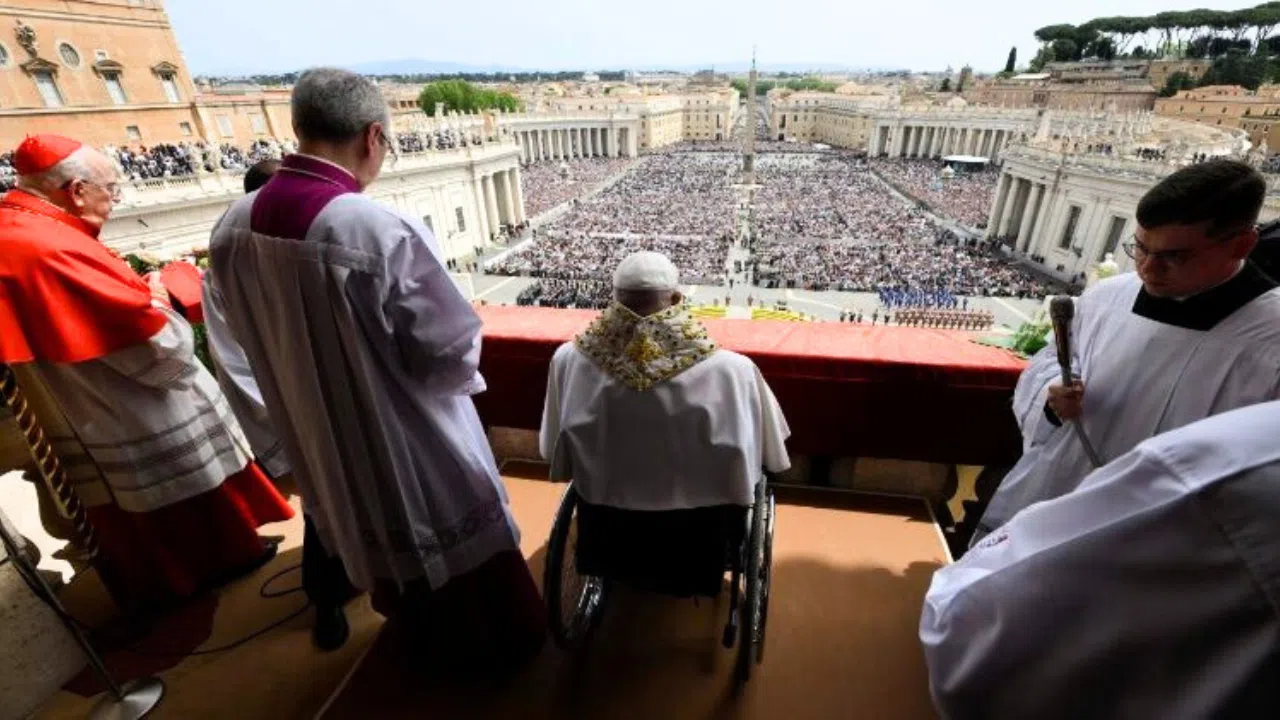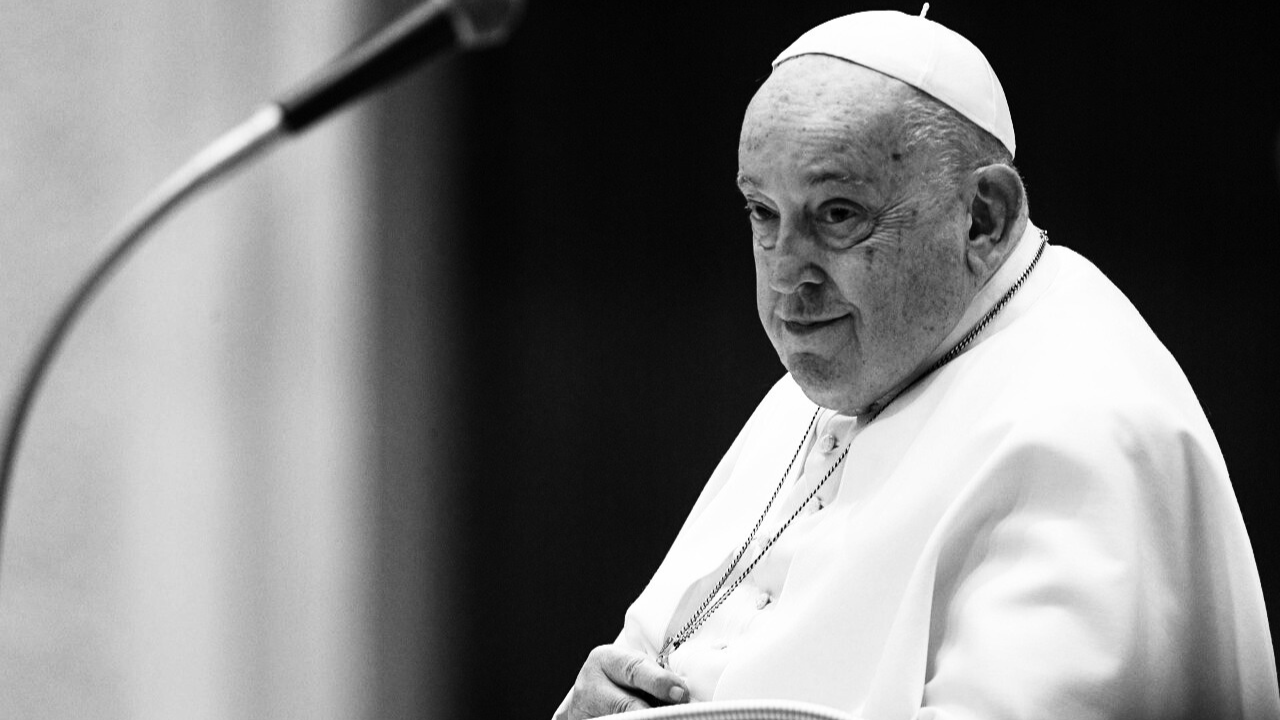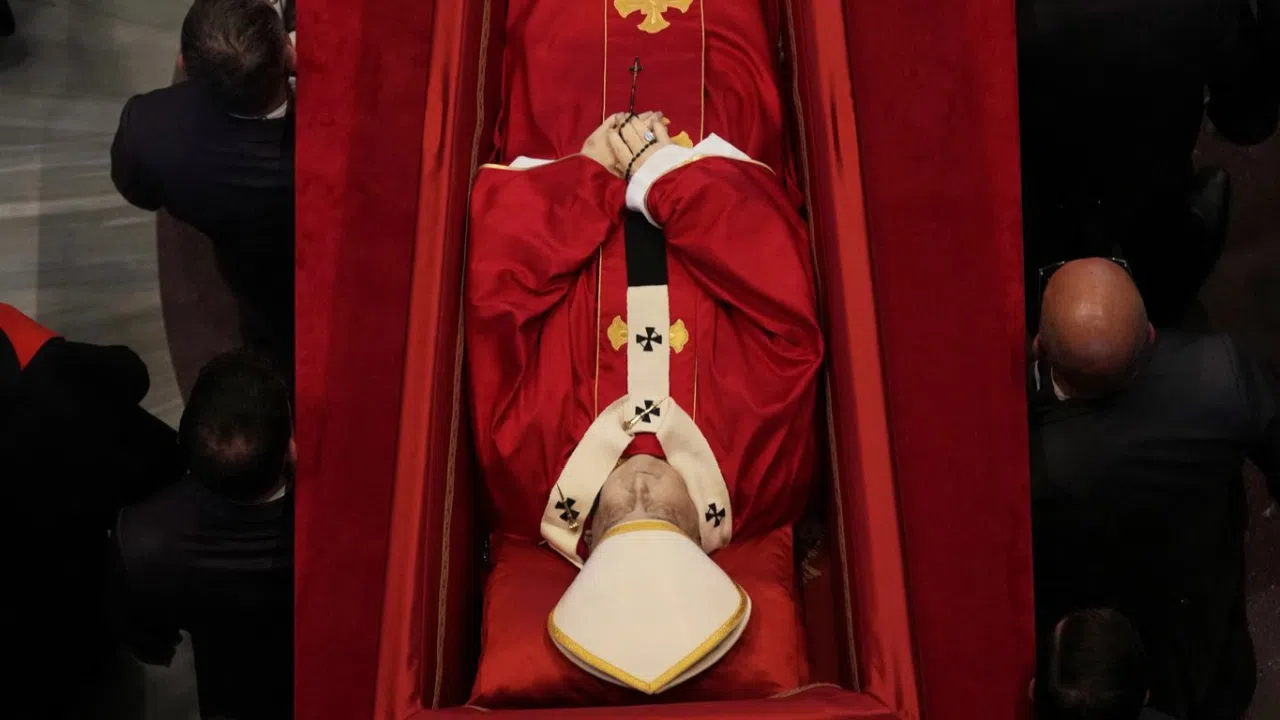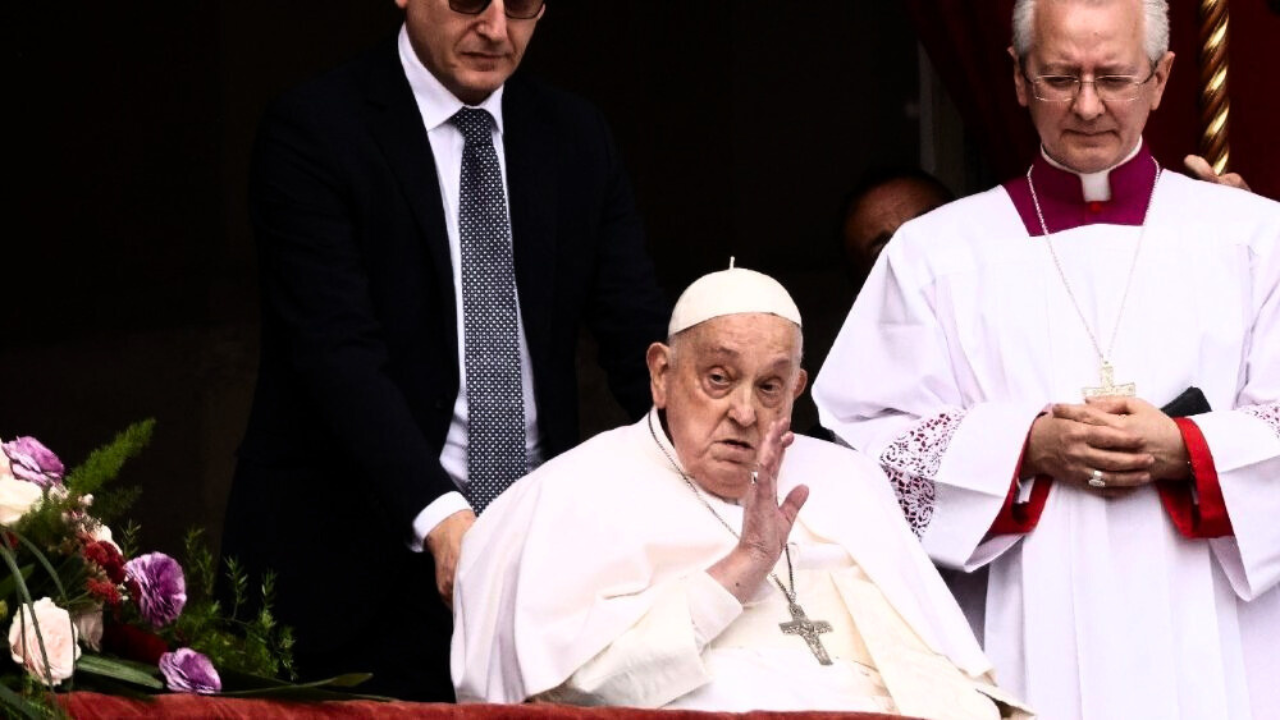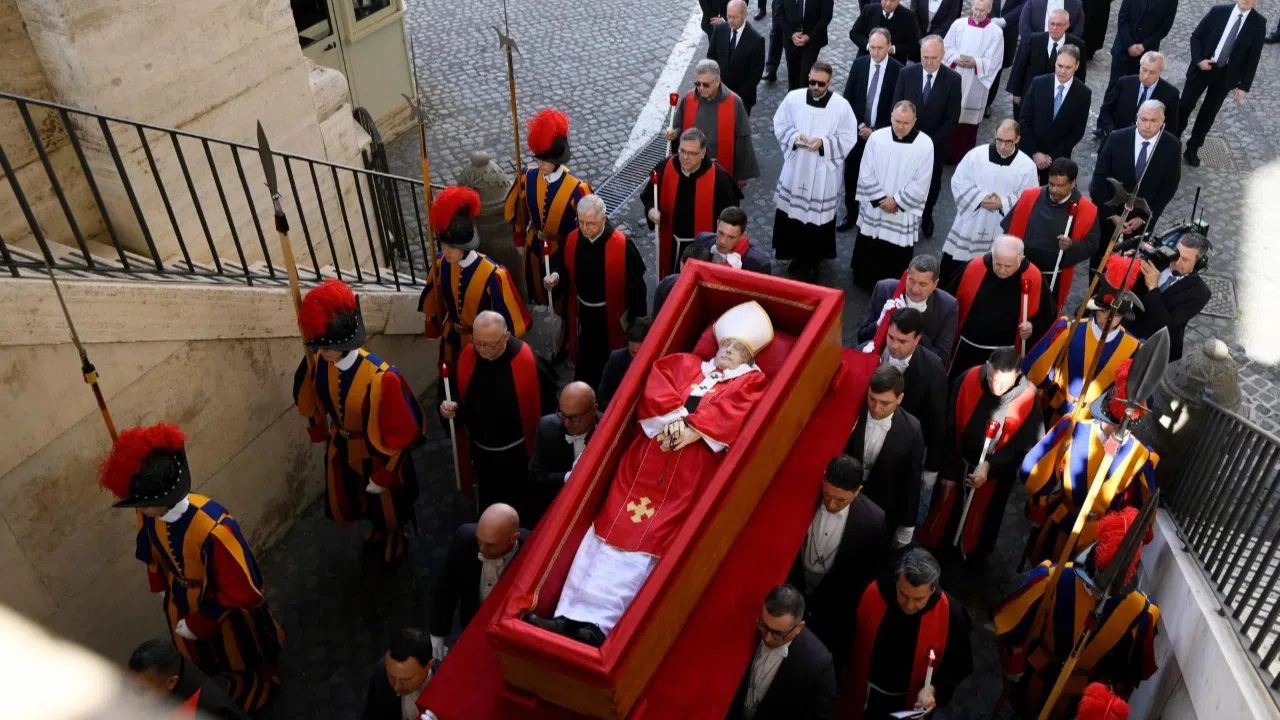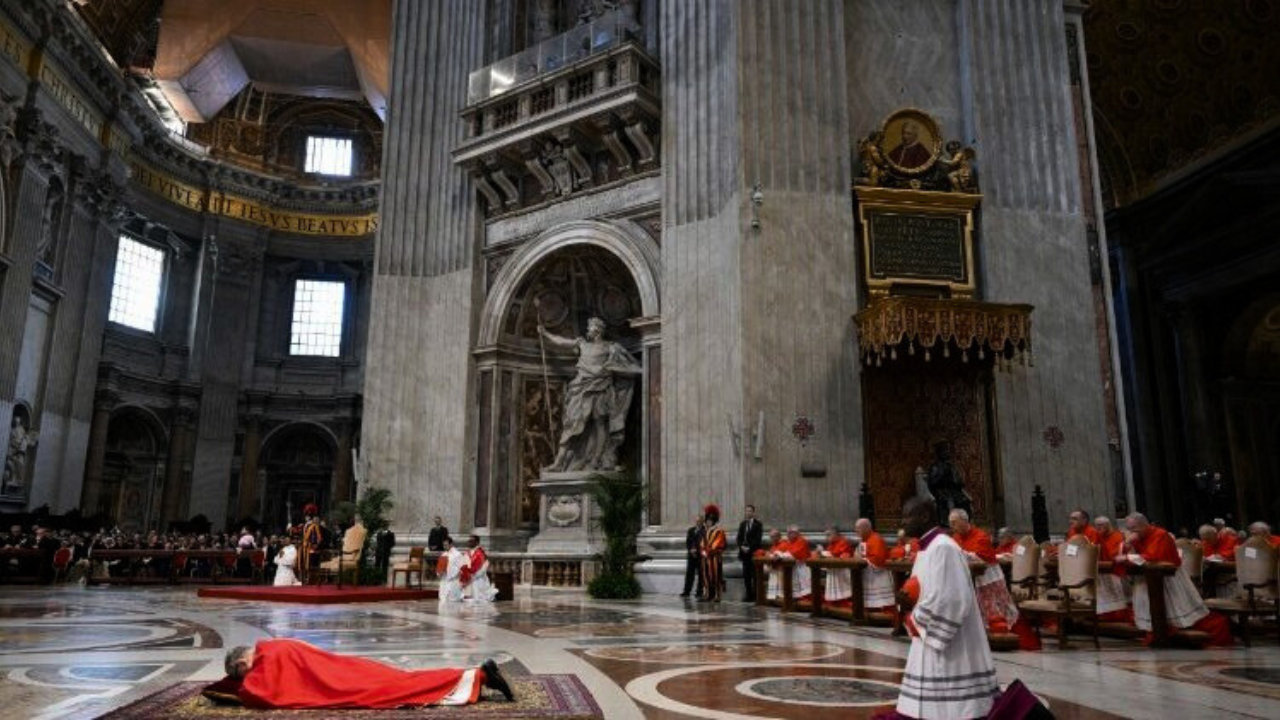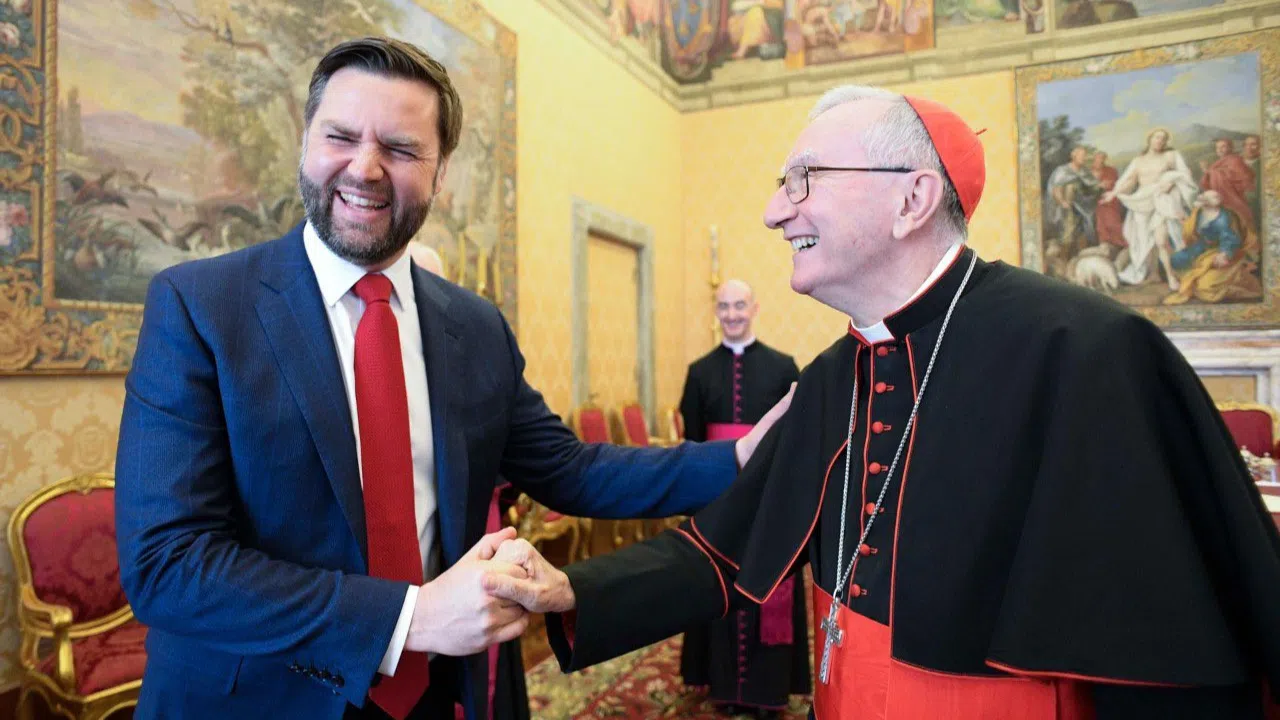Out of all the pope's messages during the Jubilee there are three concepts that stand out: forgiveness, optimism, and welcoming.
The pope explained that to receive mercy it is crucial to acknowledge one's own faults.
POPE FRANCIS
'How many times do we accuse others of being sinners. What about you?â?
Acknowledging one's own msitakes implies taking responsibility, and above all, assuming one's own past. However, the pope explains that this should not lead to discouragement, but rather to hope because God can save everyone.
POPE FRANCIS
'God does not want the condemnation of anyone, nobody. I once heard a very nice saying: There is no saint without a past and no sinner without a future. How beautiful is this.'
The person that acknowledges his own errors does not believe himself to be better than the rest, and is not indifferent to other people's suffering. This, Pope Francis said, is one of the diseases of our time.
POPE FRANCIS
'What does it mean to ignore the suffering of man? It means to ignore God. If I do not approach that man, that woman, that child, that old man, that old woman who suffers, I do not get close to God.'
This is why Pope Francis constantly asks that people take in refugees. He called this humanitarian crisis the worst since World War II.
He visited them in Lesbos, and then cleaned their feet during Holy Week in Rome. He appeared with them in public several times and he asked the world for efficient and long-term solutions.
POPE FRANCIS
'The Christian does not exclude anyone; he offers a place for everyone; he has room for everyone. Allow them to come to you.'
With his last pastoral letter, the Pope reminds people that, even though the Jubilee is finished, Mercy never runs out. As we would say: those who get tired of forgiving are men, because God never gets tired.
JRB/AG
CTV
-V
-BN
Up:JD
#Papafrancisco
